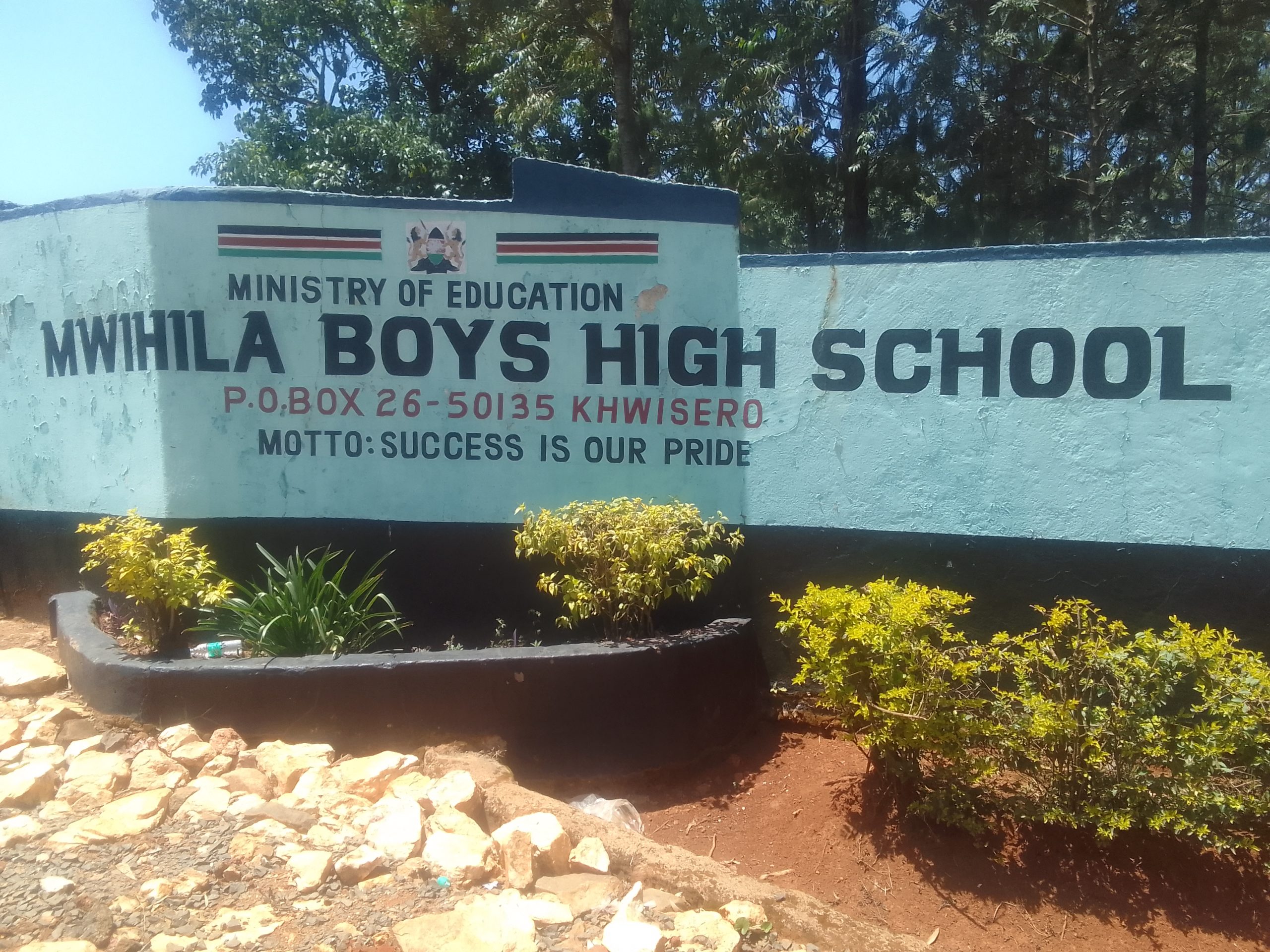Running a school in Kenya goes far beyond teaching and learning; it is about operating within the law, upholding accountability, and ensuring the welfare of learners, staff, and the wider community. Schools are not merely places of learning—they are legal institutions entrusted with the development and protection of young citizens. Maintaining comprehensive legal and statutory documents is essential for smooth operation, compliance, and credibility. Without these records, schools expose themselves to legal risks, disputes with parents, and disagreements during inspections by TSC and Ministry of Education officers, as well as threats such as encroachment on school land by private developers.
Every school must begin with foundational and registration documents that prove its legal existence. A valid Certificate of Registration from the Ministry of Education is mandatory, confirming that the institution is recognized and authorized to admit learners. Schools must also maintain proof of ownership or a valid lease agreement for their premises, which is critical to protecting the school from property disputes and preventing encroachment by private developers. Private and sponsored schools are required to have a school constitution or charter that outlines governance structures, management roles, and the relationship with the sponsoring body. Compliance certificates from county governments, public health authorities, and environmental bodies such as NEMA further demonstrate that the school meets health, safety, and environmental standards. Keeping these documents updated and accessible is crucial, as lapses can lead to fines, closure, loss of public trust, or threats to the school’s physical land.
Effective governance depends on clear, well-maintained documentation. Public schools must keep updated appointment letters for Board of Management (BOM) members, while all schools should have a functional Parents Association (PA) constitution. Minutes of BOM and PA meetings are essential as evidence of decisions on finances, staffing, discipline, and school development projects. Written school policies covering child protection, discipline, admissions, anti-bullying measures, drug prevention, and use of ICT are critical, both as internal guides and as legal shields when disputes arise. These policies demonstrate transparency, fairness, and accountability.
ALSO READ:
TVET principals to attend workshop on translating ACS2 outcomes into green jobs and skills
Schools must maintain thorough teaching and curriculum records. This includes curriculum approval documents, schemes of work, lesson plans, and records of completed work. Examination centers are expected to have accurate candidate registration records, seating plans, and results documentation. Teachers should maintain professional files containing academic and professional qualifications, appointment letters, appraisal reports, and certificates of additional training. Proper record-keeping in this area ensures that learners receive quality education while safeguarding teachers and school leadership from professional disputes.
Employment and staffing documentation is equally vital. Teachers must hold valid TSC registration certificates, and non-teaching staff should have formal employment contracts detailing their roles, responsibilities, and terms of service. Schools must maintain payroll records and remit statutory deductions such as PAYE, NHIF, and NSSF promptly. Staff performance appraisals and professional development records, including TPAD reports, should be updated regularly. Maintaining these records ensures compliance with labor laws, fosters a culture of accountability, and protects school leadership from disputes or allegations of unfair treatment.
Financial management requires careful documentation and transparency. Schools must prepare annual budgets and work plans approved by the BOM and, when required, by the Ministry. Private schools should ensure that fee structures are formally approved. Schools must maintain books of accounts, including cashbooks, vote books, ledgers, and bank statements, and conduct annual audits. Procurement and stores records, including stock registers, delivery notes, and tender documents, are essential for accountability and protecting school leaders from allegations of mismanagement.
Health, safety, and welfare documentation protects learners, staff, and property. Schools must obtain fire safety certificates and public health clearance certificates and renew them regularly. First aid registers, accident and incident logs, and records of emergency drills must be maintained. Valid insurance policies covering learners, staff, and property are essential safeguards. Clear disaster preparedness and security policies ensure the school can respond effectively to emergencies. Maintaining these documents also strengthens the school’s position when addressing threats such as encroachment or unauthorized use of its land.
ALSO READ:
Litein Boys rampage: Uncollected KCSE certificates burnt in administration block blaze
Learner welfare must be thoroughly documented. Schools are expected to maintain admission registers and individual learner files, daily attendance records, health and medical records, and guidance and counseling reports. Disciplinary records, including warnings, suspensions, or expulsions, must be carefully kept to ensure fair, transparent handling of indiscipline. Proper documentation in this area protects learners’ rights, reinforces accountability, and shields the school from disputes.
Schools must also anchor operations in statutory and legal frameworks. Key documents include the Basic Education Act (2013), the Teachers Service Commission Act, the Code of Regulations for Teachers, the Employment Act, the Children’s Act, and the Data Protection Act (2019). Compliance with these laws governs teacher management, child protection, employment practices, and the handling of sensitive learner information. Schools that ignore statutory requirements risk sanctions, loss of registration, reputational damage, or legal challenges related to land, governance, or learner welfare.
Maintaining these documents is not merely about compliance; it is a demonstration of professionalism, accountability, and a commitment to providing quality education. School leaders must ensure that all files are systematically organized, clearly labeled, regularly updated, and easily accessible for inspections, audits, or verification by TSC or Ministry officers. Digital backups, clear filing systems, and tracking renewal dates for certificates and licenses are practical ways to maintain readiness at all times and protect the school’s land and resources.
If your school currently lacks any of these essential documents, it is imperative to act immediately. Acquire missing certificates, update existing records, and organize all documentation systematically. Doing so will prevent disputes, disagreements, or delays during inspections, safeguard the school from encroachment, and reinforce your institution’s credibility, legal compliance, and capacity to serve learners and the community effectively.
The time to act is now. Every head teacher, administrator, and BOM/PA chair has a duty to ensure that their institution is fully documented, compliant, and prepared for scrutiny. Proactive maintenance of legal and statutory documents is the foundation of trust, transparency, and excellence in school management. A school that keeps its records in order safeguards its leadership, protects learners, prevents threats such as land encroachment, and demonstrates a clear commitment to the highest standards of education in Kenya.
By Hillary Muhalya
You can also follow our social media pages on Twitter: Education News KE and Facebook: Education News Newspaper for timely updates.
>>> Click here to stay up-to-date with trending regional stories
>>> Click here to read more informed opinions on the country’s education landscape






